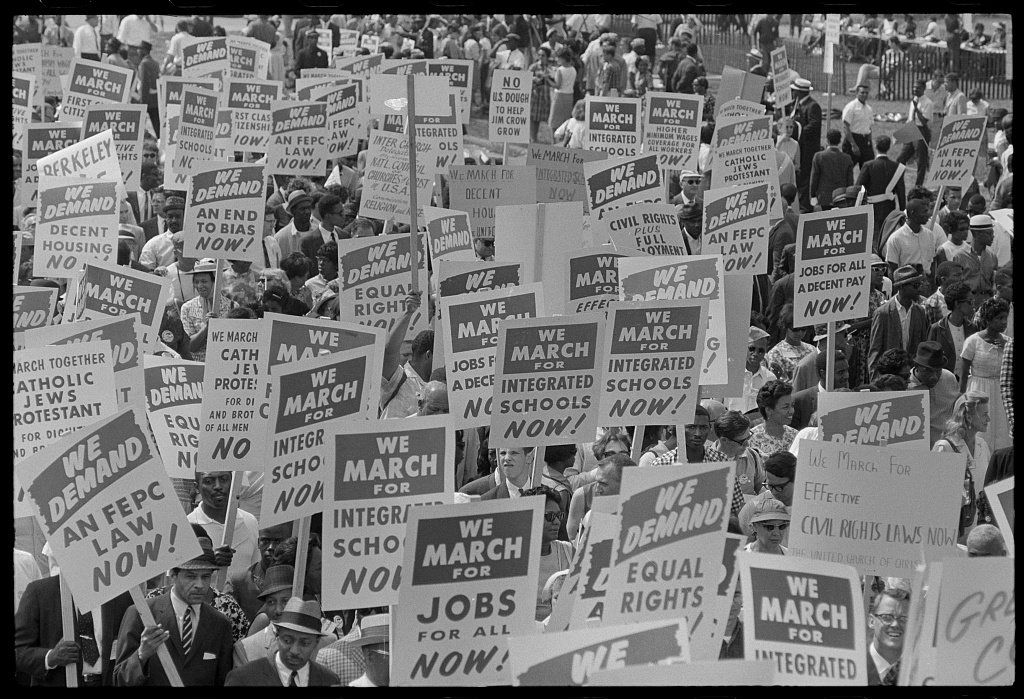
March on Washington Hidden History Quiz
Quiz by Teaching for Change
When most people think of the 1963 March on Washington for Jobs and Freedom, what comes to mind is Dr. Martin Luther King Jr.’s iconic statement, “I Have a Dream.” In truth, there was much more to this historic event than these four words in King’s speech. Teaching for Change designed this quiz about the 1963 March on Washington for Jobs and Freedom to challenge assumptions, deepen understanding, and inspire further learning.
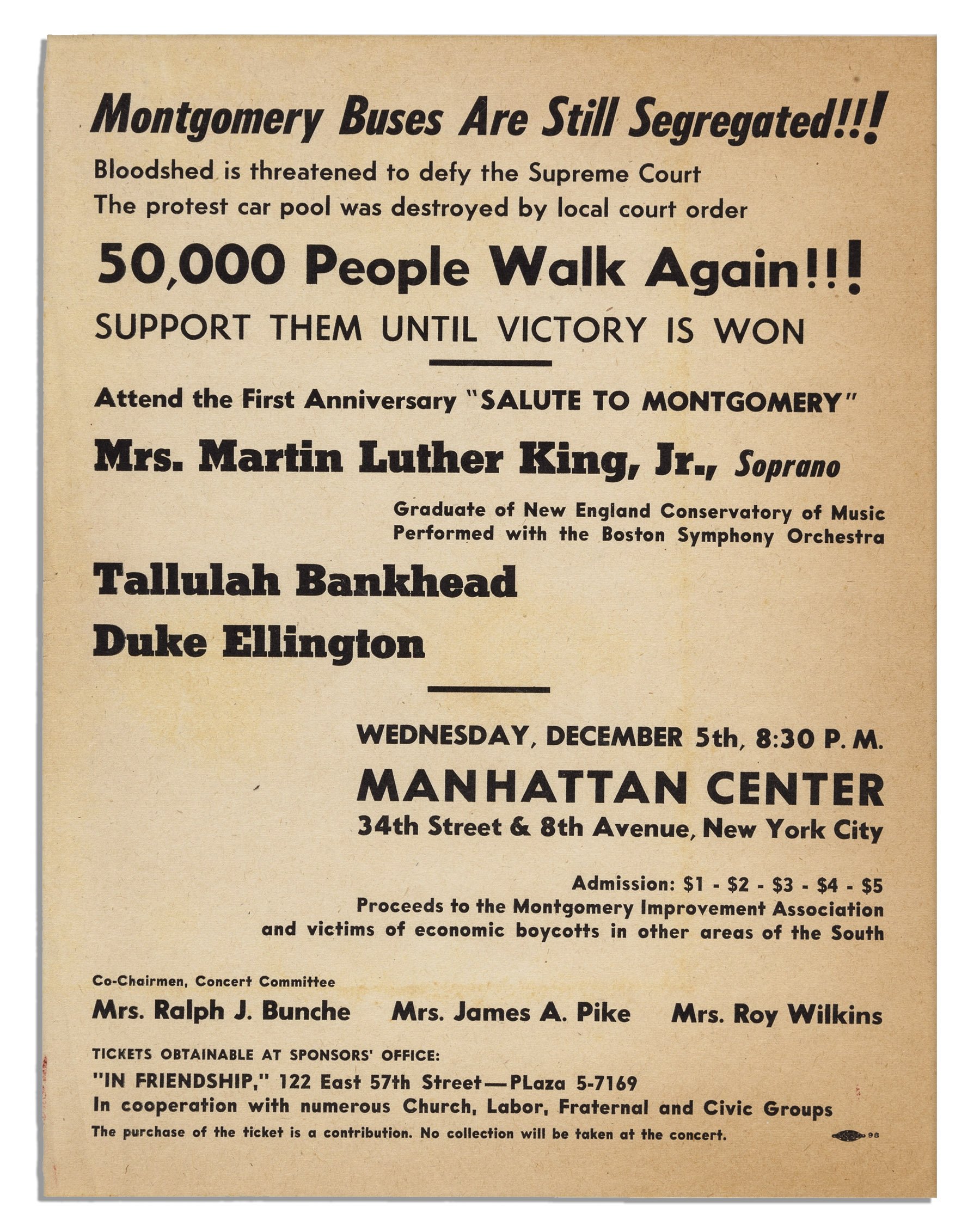
Montgomery Bus Boycott Mythbuster Quiz
Quiz by Teaching for Change
Students are often taught the simplistic narrative that Rosa Parks refused to give up her seat in Montgomery, the buses were desegregated, and the Civil Rights Movement was launched. This quiz helps surface and challenge many of the myths about the boycott.
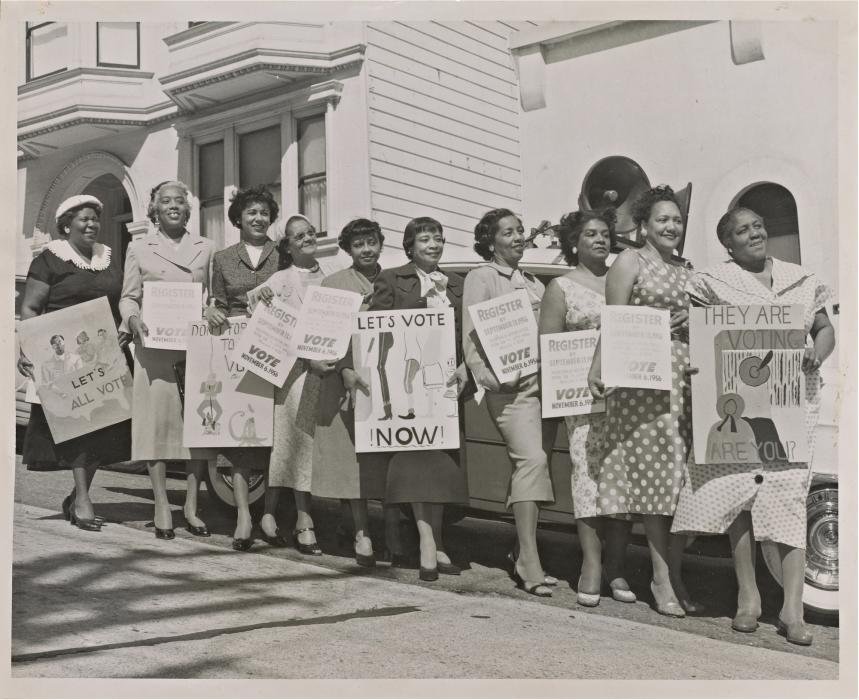
Voting Rights History Quiz
Quiz by Teaching for Change
We’ve all seen the iconic image of President Lyndon Johnson signing the Voting Rights Act of 1965. But what do we know of the history that led to the signing of the legislation? This quiz can challenge assumptions, deepen understanding, and inspire further learning about the voting rights struggle.

The March on John Philip Sousa: A Social Action Project
Teaching Reflection by Elizabeth A. Davis
Students fight to save a historic D.C. school building that was part of the Brown v. Board of Education court case.

Civil Rights Movement Mythbusters Quiz
Quiz by Teaching for Change
Through this quiz, and the answers that appear after each question, participants learn some of the history of the Civil Rights Movement that is all too often omitted from the textbooks.

Selma in Pictures: Socratic Seminar
Lesson by Lynda Tredway
In a media driven age, visual images often provide access to important events and political struggles that may be more immediately accessible to students than written texts. This lesson includes two sets of images from the Selma voting rights struggle that promote critical thinking by SNCC photographer Matt Herron. The steps include observation (reading the text), forming a hypothesis, and dialogue—much like an inquiry model of teaching.
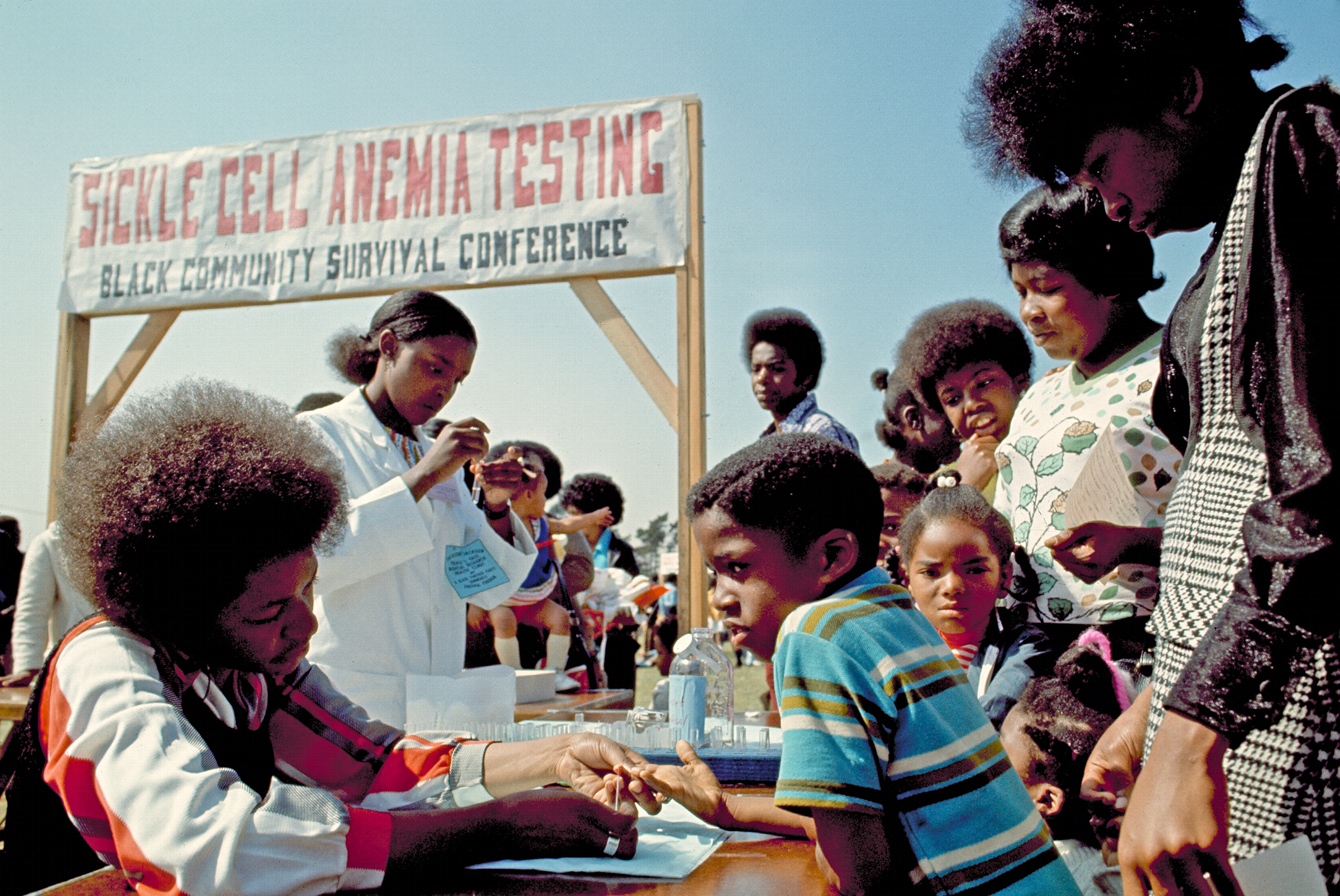
What We Want, What We Believe: Teaching with the Black Panthers’ Ten Point Program
Lesson by Wayne Au
Students read the Black Panther Party's 1972 Ten Point Program to understand the conditions the Panthers were attempting to identify and deal with, then analyze their world today and write their own Ten Point Program for social issues they would like to address.
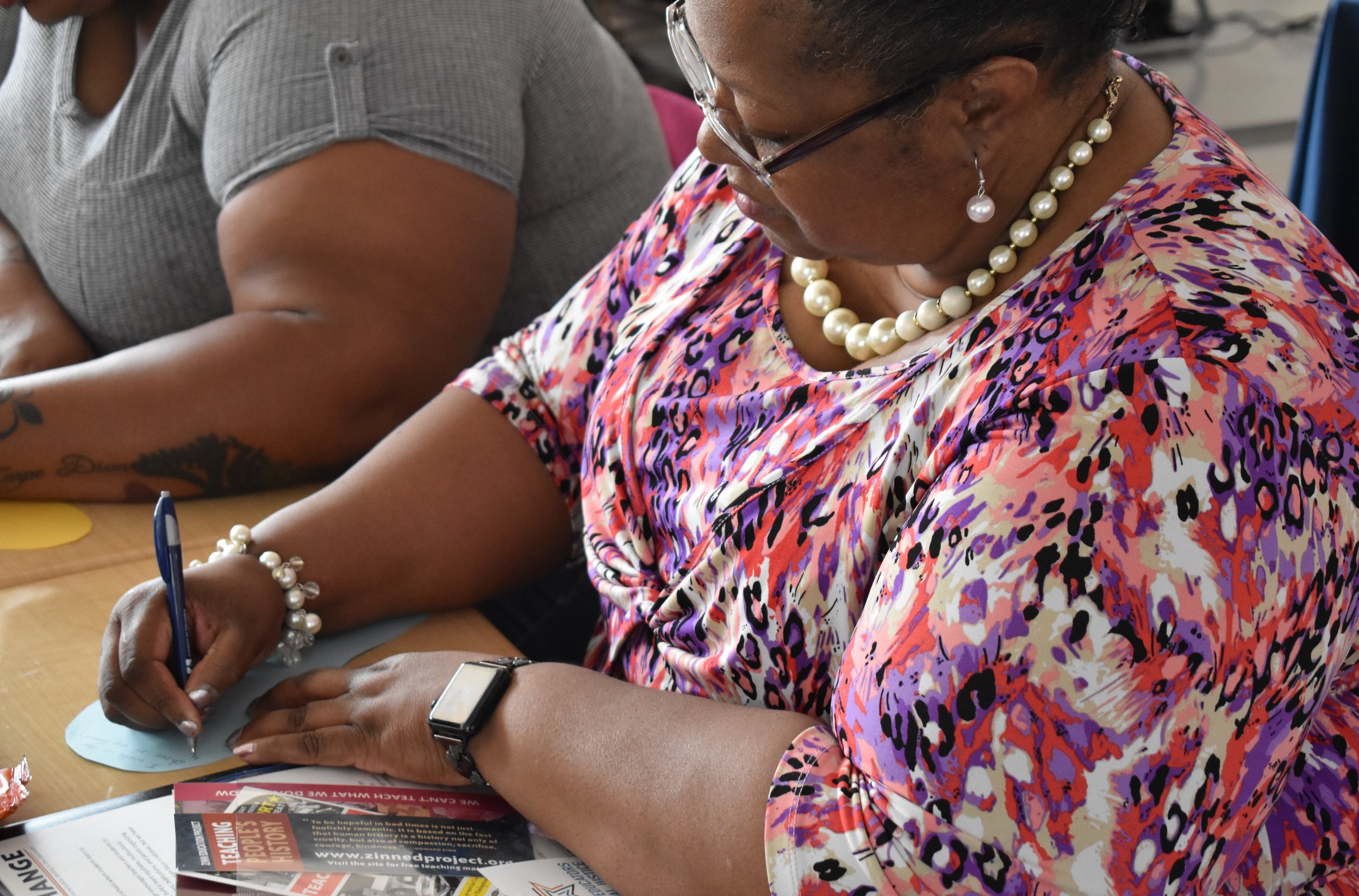
Big Shoes to Fill: A Teambuilding Lesson
Lesson by Deborah Menkart
A community-building activity for teachers or students to write about "in whose shoes I walk for justice" or some way they have walked for justice in their shoes.
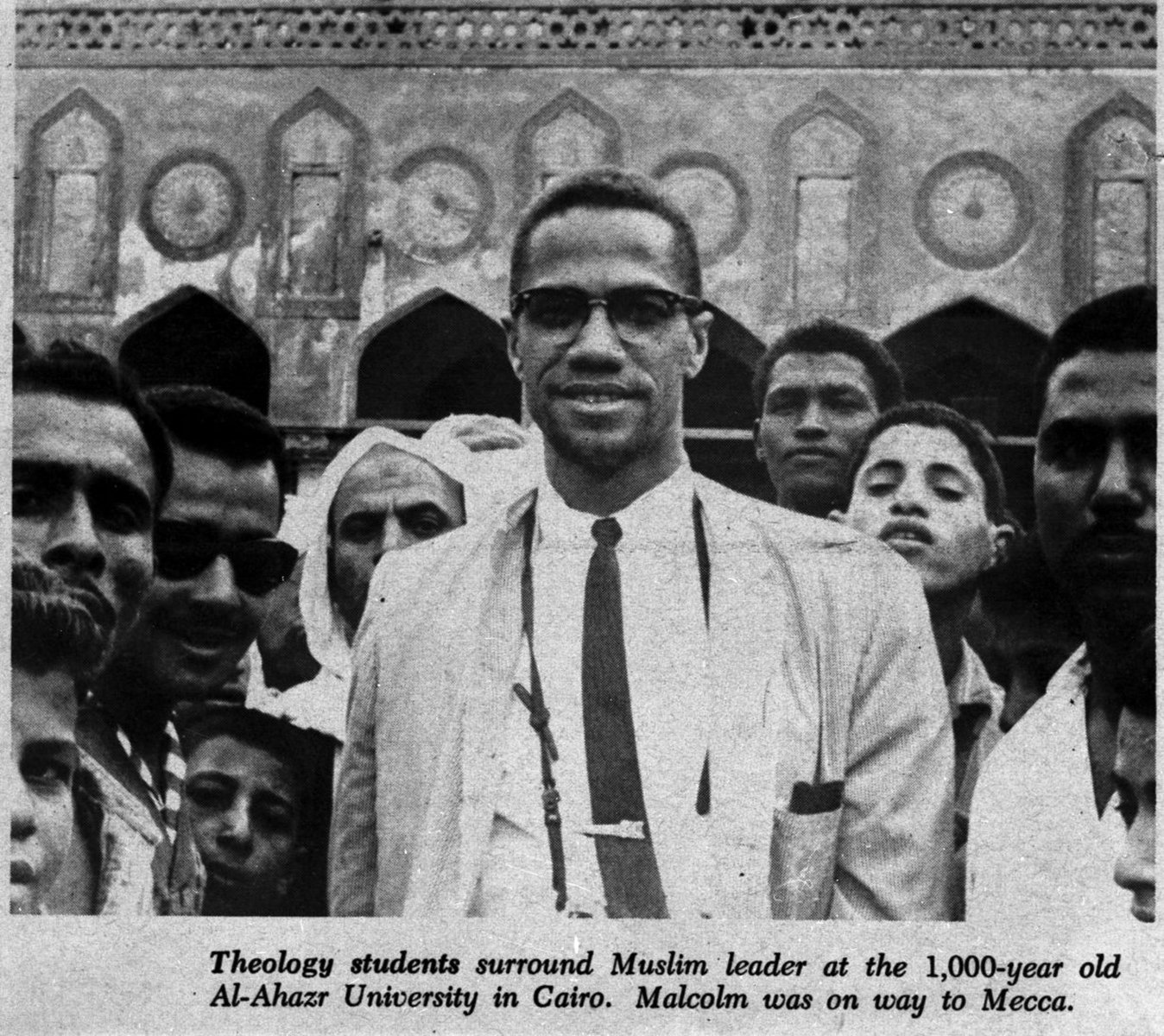
Civil Rights or Human Rights?
Lesson by Andrea McEvoy Spero
Students learn that the goals of the African American Freedom Struggle extended beyond civil rights and were often inspired by the anticolonial struggles of the 20th century. To conceptualize the African American Freedom Struggle as part of a global movement for human rights invites a deeper understanding of the international events of the last century.
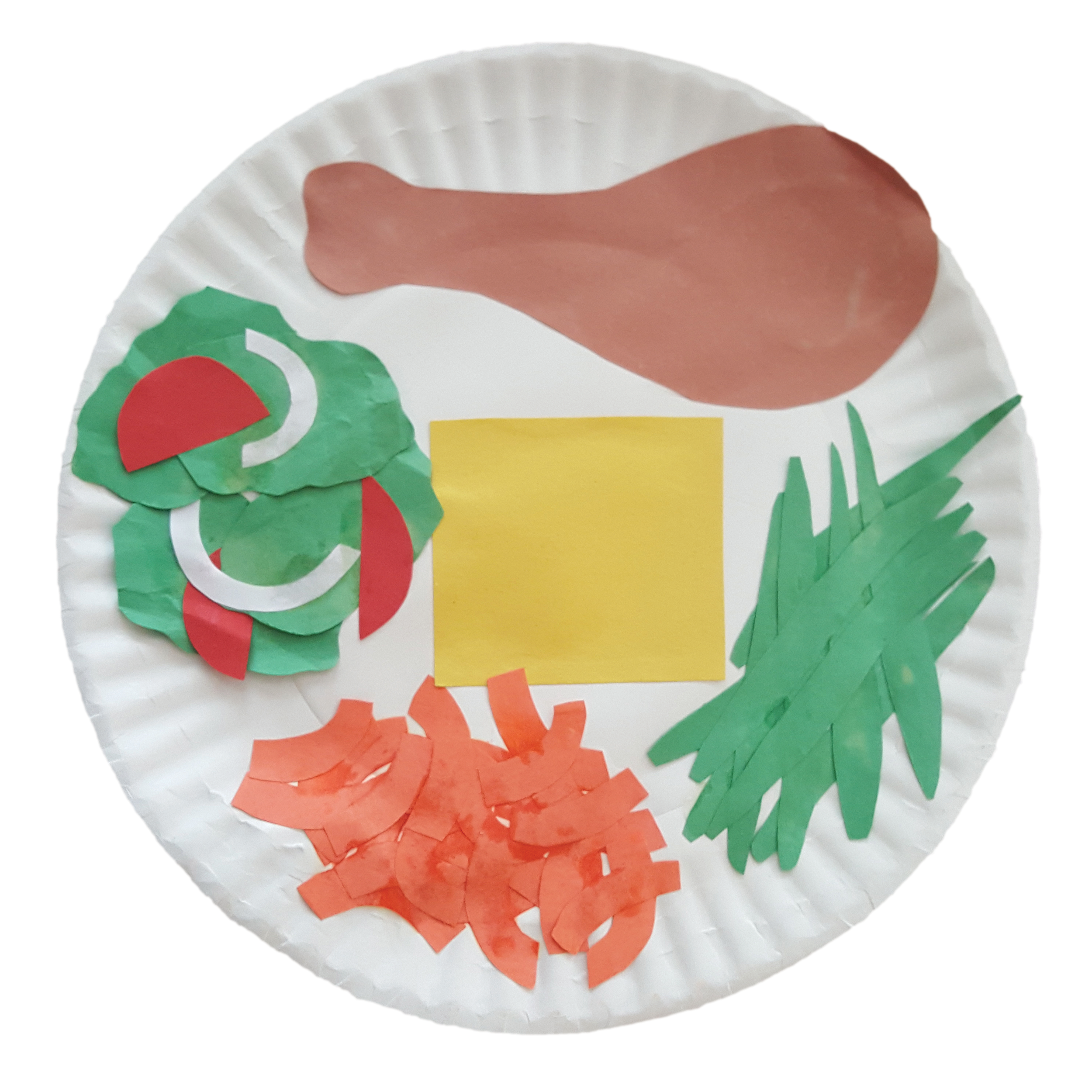
Comfort Food: A Lesson for Child of the Civil Rights Movement
Lesson by Paula Young Shelton
Food played an instrumental role during the Civil Rights Movement, bringing people together to plan, gain strength, and organize. Community members played an important role feeding volunteers. This lesson is a companion to the picture book, Child of the Civil Rights Movement.
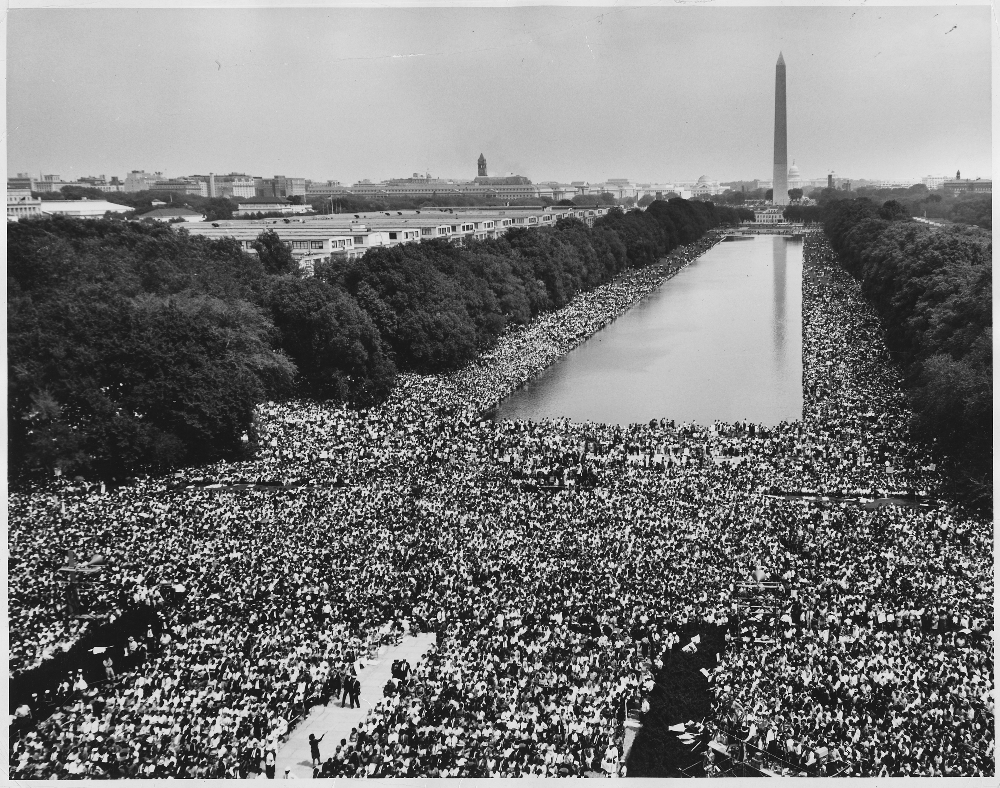
March for Jobs and Freedom: Calculating the Crowd
Lesson by Louise Bock, Susan Guengerich, and Hope Martin
In this lesson, students use representations and computations to estimate the crowd at the 1963 March on Washington. Students strengthen critical thinking and mathematical skills through investigation and problem solving, and gain a deeper understanding of the issues related to protest demonstrations and media representations of events.

Hidden in Plain Sight: Martin Luther King Jr.’s Radical Vision
Lesson by Craig Gordon
This lesson helps students penetrate the curtain of clichés and lies the corporate media have erected around Martin Luther King Jr. in order to make him “safe” for public consumption.

Murder Mystery: Shining a Light on the Story That the Newspapers Left Out
Lesson by Allyson Criner Brown, Deborah Menkart, and Jenice L. View
The murder of Mississippi voting rights activist Herbert Lee, and subsequent murder of witness Louis Allen, were key events in the history of the modern Civil Rights Movement. However, they were barely mentioned in the local press at the time and the story is missing from textbooks and public memory today.
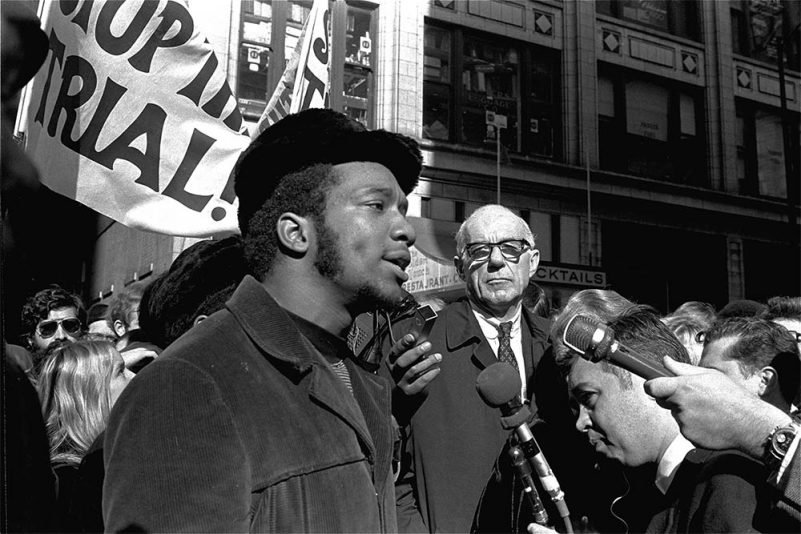
COINTELPRO: Teaching the FBI’s War on the Black Freedom Movement
Lesson by Ursula Wolfe-Rocca
Through examining FBI documents, students learn the scope of the FBI’s COINTELPRO campaign to spy on, infiltrate, discredit, and disrupt all corners of the Black Freedom Movement.
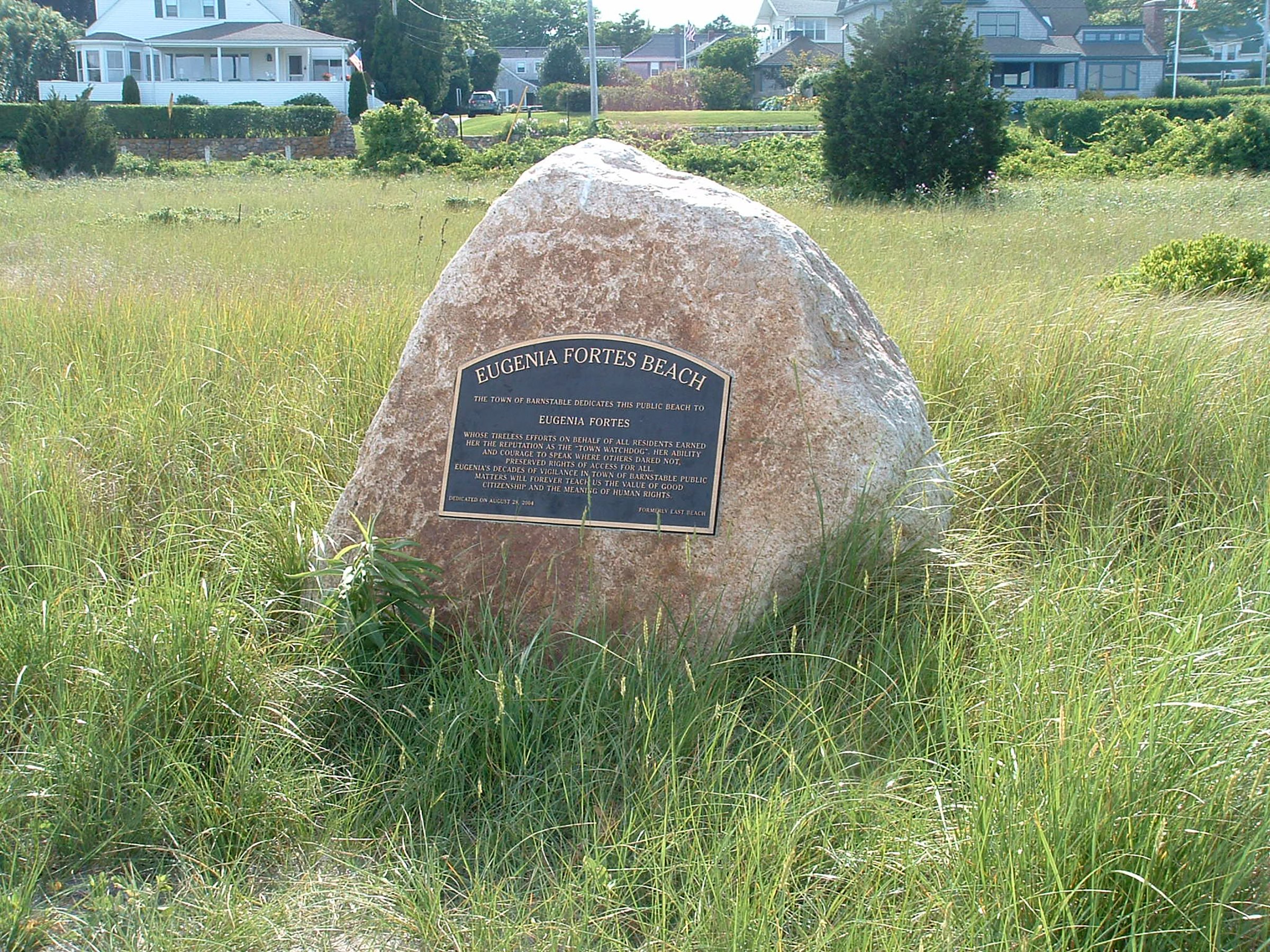
Sit Down Marie!: Eugenia Fortes at the Hyannis Port Beach
Teaching Reflection by Maggie Donovan
Students react to a story about two young African-American girls who refused to move to the colored section of the Massachusetts beach.
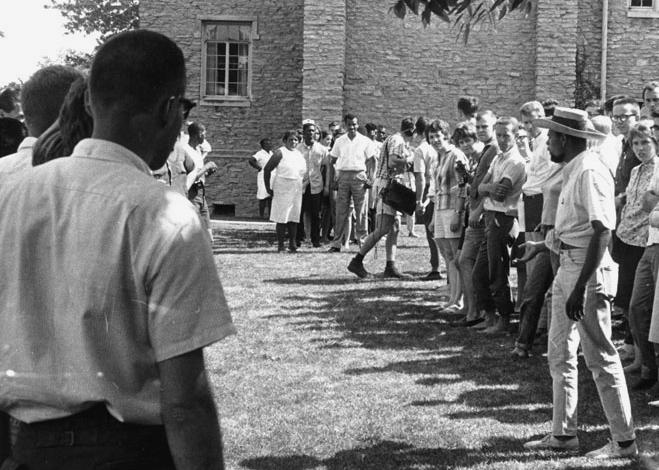
Uncovering the Movement: A Staff Development Seminar
Lesson by Alana Murray
A workshop designed to give teachers and other school staff a chance to examine their own understanding of the Civil Rights Movement and consider the impact of the traditional narrative on students.
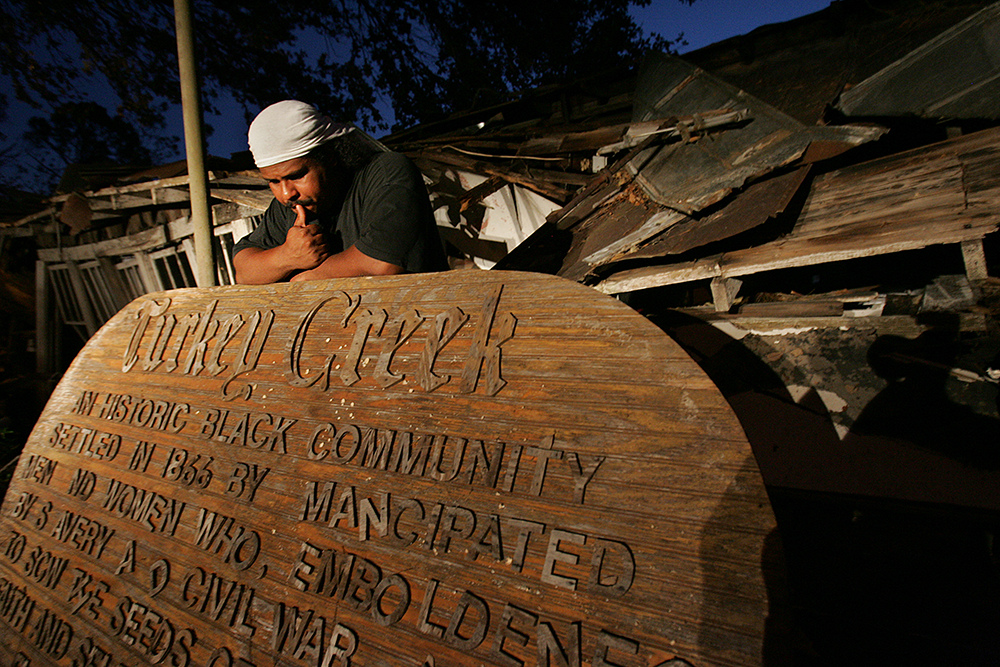
Looking for Justice at Turkey Creek: Out of the Classroom and into the Past
Teaching Reflection by Hardy Thames
Students study the African-American community of Turkey Creek, Mississippi, exploring whether the changes in the community relate to social and economic growth or social justice issues and then create projects with research and action components.

Teaching About Race and the Media
Lesson by Julian Hipkins III
The corporate media portrayed events happening across the country through a lens of white supremacy, ignoring or misreporting tales of state sponsored terrorism. This lesson introduces students to the impact of the corporate media on the Civil Rights Movement, the role of the Black press, and organizing by African Americans to hold the white press accountable.
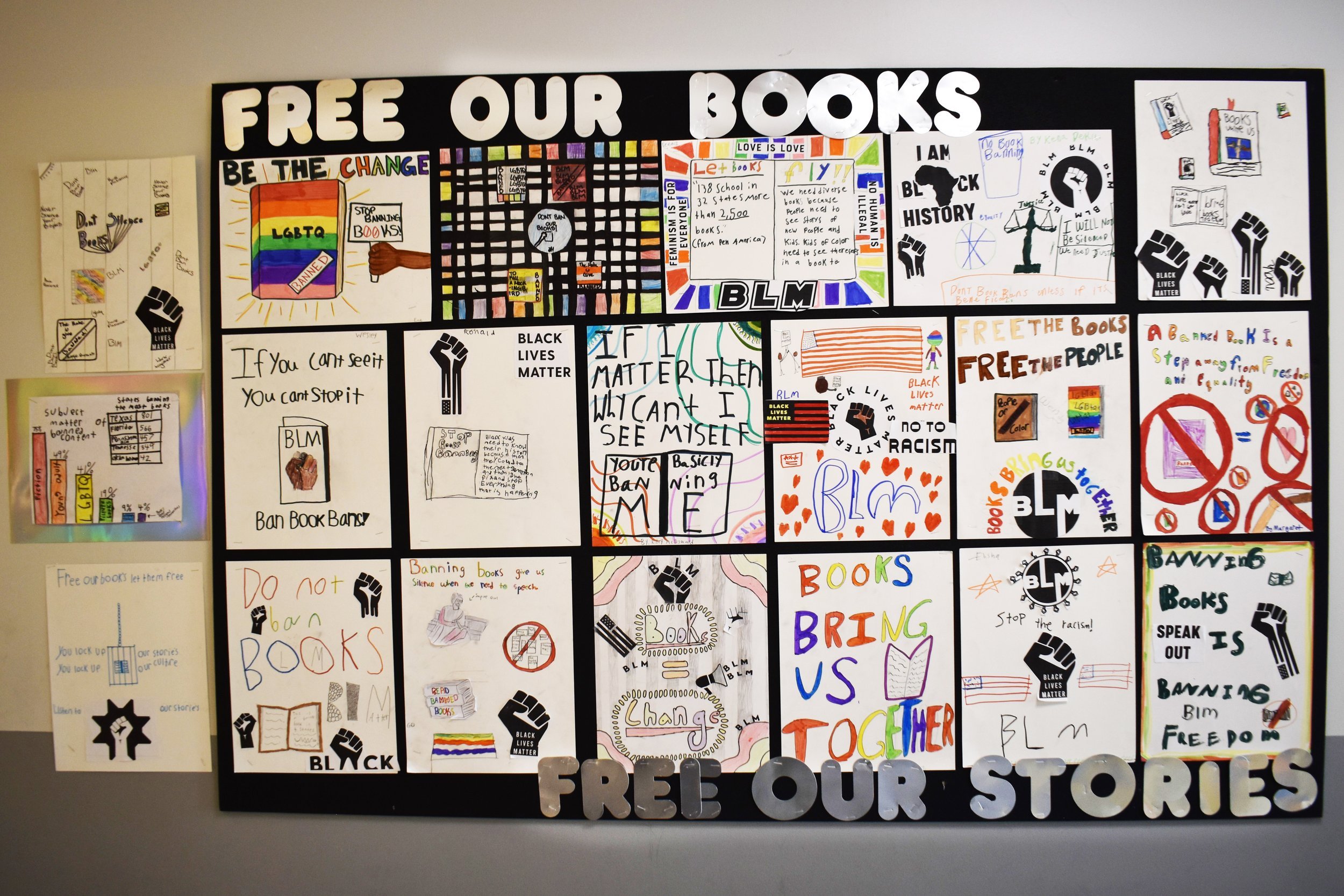
“Free Our Books” Say 4th Graders After Studying Representation and Book Bans
Teaching Story by Allison Fletcher Acosta
As part of the Black Lives Matter at School Week of Action at Inspired Teaching Demonstration PCS, 4th graders studied the importance of representation in books and the book bans that have been escalating throughout the country since 2021.
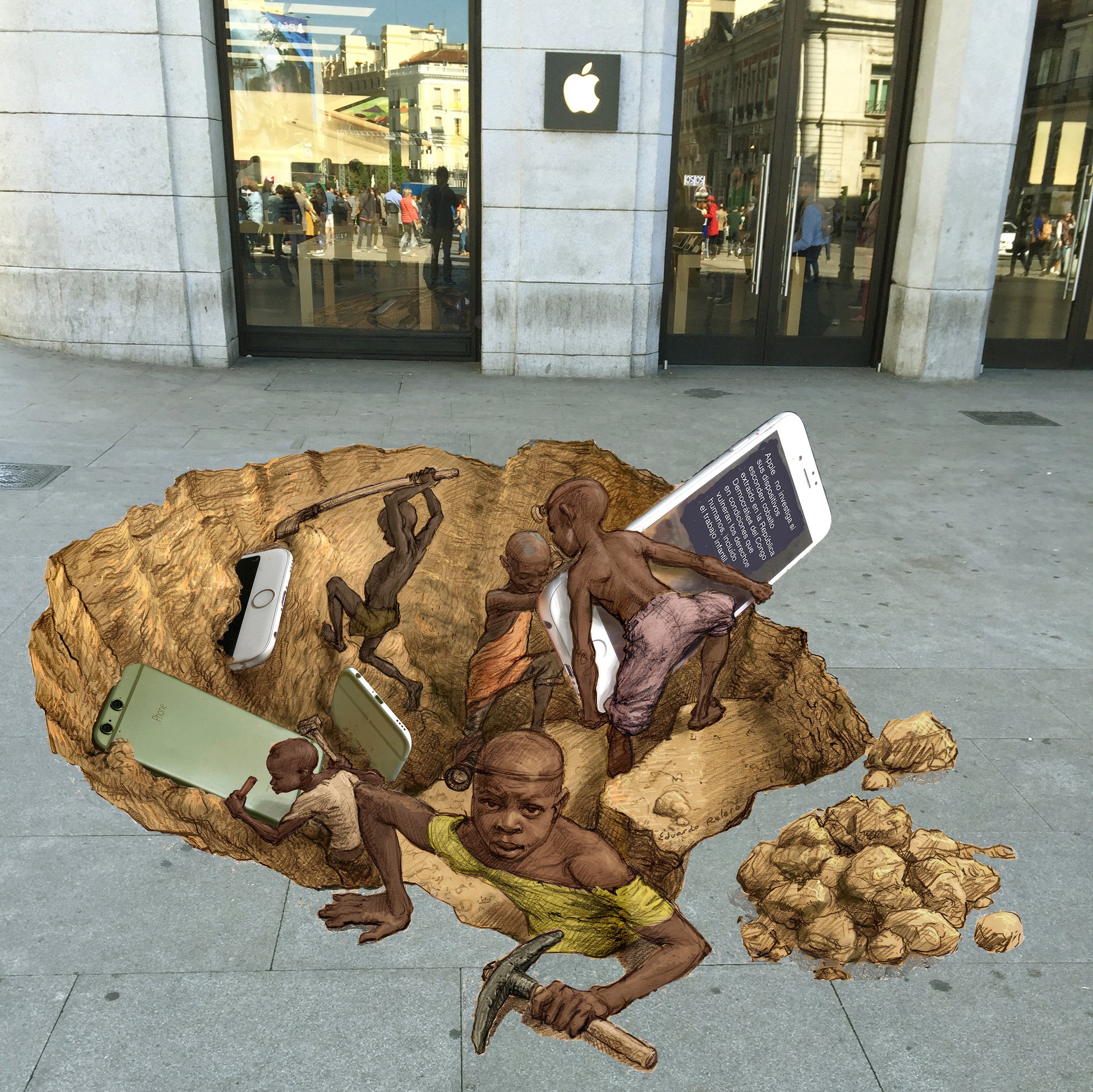
Congo, Coltan, and Cell Phones: A People’s History
Lesson by Alison Kysia
More than 5 million people have been killed in Democratic Republic of the Congo since the late 1990s. Just as the bloodshed of the colonial period was financed by highly lucrative natural resources like rubber, the violence today is likewise fueled by natural resources, including coltan, a mineral required for cell phone production. This role play activity allows students to look back at Congo’s history and see the connections between the brutality of colonialism and the contemporary injustice in Congo.
